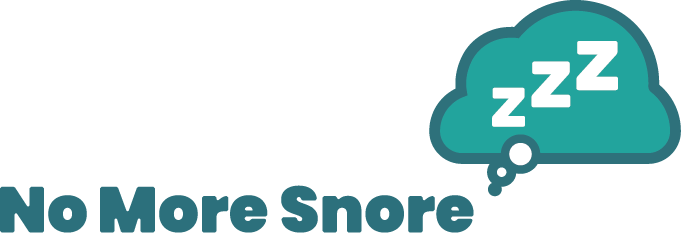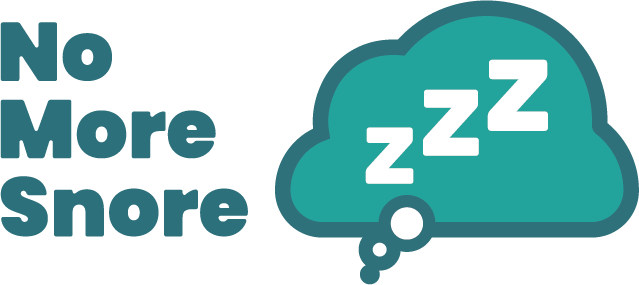Resources
Enhance your understanding of snoring and laser treatments
Here you will find a selection of articles, links and videos relating to snoring and laser treatments. We encourage you to read these documents to help build your understanding of what snoring is, the causes and treatments.
Articles
Minimally invasive erbium laser treatment for selected snorers
The aim of this paper is to present our results and experience in the treatment of snoring using the non-ablative Erbium: Yttrium Aluminum Garnet (Er:YAG) laser.
Outpatient erbium:YAG (2940 nm) laser treatment for snoring: a prospective study on 40 patients
Snoring is a sleep phenomenon due to the partial upper airway obstruction during sleep which causes vibration of the tissues of the rhino-oro-hypopharynx and less frequently the larynx. This study evaluated the use and effectiveness of the erbium:YAG 2940-nm laser.
Evaluation of a non-ablative Er: YAG laser procedure to increase the oropharyngeal airway volume: A pilot study
The goal of this prospective pilot study was to evaluate the changes of the total airway volume and most constricted area of the oropharyngeal airway using a non-ablative laser procedure.
NightLase®: Minimally Invasive Laser-Assisted Uvulopalatoplasty
This report describes a one year clinical experience performing the NightLase™ laser treatment on patients with snoring and other SDB symptoms. The NightLase treatment is based on a minimally invasive photothermal effect using Er:YAG laser light on oral mucosa.
NightLase® Puts Snoring to Bed
Hundreds of patients have already received a NightLase treatment, with 75% – 85% success rate for appropriate cases.
Nonsurgical Minimally Invasive Er:YAG Laser Snoring Treatment
There are a multitude of treatment options for sleep-disordered breathing (SDB), which can be classified into conservative, apparatus and surgical methods. The choice of the method used will depend on the patient’s tolerance of the procedure, and most importantly, on the severity of the patient’s SDB.
Is it really true that snoring can cause a stroke?
New evidence says that the answer may be a yes!
Snoring can be a frustrating habit… and it can affect you even if you don’t actually do it.
Sleep-Disordered Breathing Tied to Accelerated Aging
The study included 622 adults (mean age 69 years, 53% women) from the Multi-Ethnic Study of Atherosclerosis (MESA). All participants underwent polysomnography; DNA methylation, a marker for epigenetic age acceleration, was measured in blood samples.
How To Find What Bedtime Works Best For You
You can help support your circadian rhythm in a number of ways, like shutting down devices that transmit blue light and suppress melatonin; and opening the blinds as soon as you wake up to help kickstart the production of energizing cortisol.
10 Surprising Signs of Sleep Apnea in Children
Snoring and sleep apnea are increasingly common conditions that can affect children. This condition may have significant consequences on their growth and behavior. Consider 10 surprising signs of sleep apnea as it occurs in children.
Our Skulls Are Out-Evolving Us
A motley crew of scientists and health-care providers are now coalescing to investigate how our faces are changing and the ramifications for our health.
Minimally invasive erbium laser treatment for selected snorers
The aim of this paper is to present our results and experience in the treatment of snoring using the non-ablative Erbium: Yttrium Aluminum Garnet (Er:YAG) laser.
11 Creepy Things Your Body Does After Just One Night Of Bad Sleep
A night of bad sleep — even in the short-term — can have [many] effects on a person’s body and mind.
Sleep apnea damages the brain
UCLA researchers have reported the first evidence that obstructive sleep apnea contributes to a breakdown of the blood–brain barrier, which plays an important role in protecting brain tissue.

